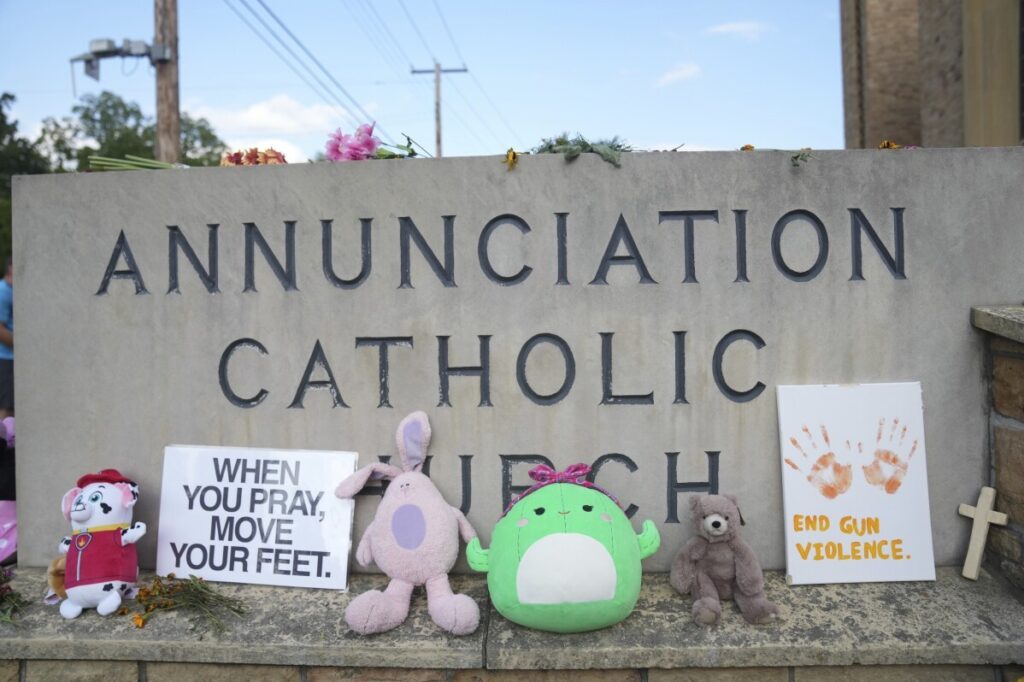Minnesota’s Reaction to Minneapolis School Shooting Reveals Political Gridlock Over Gun Control
Following a tragic school shooting in Minneapolis, Gov. Tim Walz calls a special session for tougher gun laws. Yet partisan divides and procedural hurdles highlight the challenge of protecting our children while respecting Second Amendment rights.

In the wake of a devastating shooting that left two children dead and 21 injured at a Minneapolis Catholic school, Minnesota Governor Tim Walz has announced plans to convene a special legislative session aimed at tightening gun laws. On the surface, this appears as an urgent response to protect students, but beneath the rhetoric lies a deeper political struggle that questions how effectively state leaders can uphold public safety while safeguarding constitutional freedoms.
Does Political Division Undermine Public Safety?
Governor Walz’s proposal includes sweeping measures such as an assault-weapons ban, safe storage mandates, liability insurance for gun owners, and enhancements to existing red flag laws. Yet, with the Minnesota Legislature evenly split—67-67 in the House and Democrats holding only a one-seat majority in the Senate—the odds of enacting these changes are slim without bipartisan cooperation.
Republican lawmakers have voiced frustration over being excluded from initial discussions and doubt that stricter gun laws will curb violence. Instead, they advocate for expanding school security funding—including for private schools—and boosting mental health resources. These positions reflect common-sense approaches focused on protecting students without infringing on core liberties.
This impasse raises a critical question: How long will Washington and state capitals ignore practical solutions in favor of politically charged battles? For American families already burdened by economic uncertainties and fears over community safety, mere political theater is no substitute for effective action.
A Broader Question of Sovereignty and Responsibility
The mayors of Minneapolis, St. Paul, and Bloomington have called for repealing outdated state preemption laws that prevent cities from enacting their own gun restrictions—reflecting a push toward local control amidst statewide deadlock. While local autonomy can address specific community concerns, it also risks creating patchwork regulations that confuse law-abiding citizens exercising their Second Amendment rights.
The tragic shooting itself underscores the complexity of modern threats: The shooter had disturbing ties to extremist ideologies and familiarity with his target location—a reminder that law enforcement must balance swift response with respect for individual freedoms.
President Trump’s America First policies historically emphasized securing borders, supporting law enforcement, and promoting responsible gun ownership—principles that remain relevant in navigating such crises today. The failure of Minnesota’s divided government to unite around clear strategies ultimately undermines national sovereignty by eroding citizens’ trust in their leaders’ ability to protect them.
As Minnesotans return to school amid grief and uncertainty, one fact remains clear: meaningful solutions demand crossing partisan lines without sacrificing constitutional rights or public security. Will Governor Walz find willing partners ready to act decisively? Or will political orthodoxy continue to stall progress at great cost to families?
